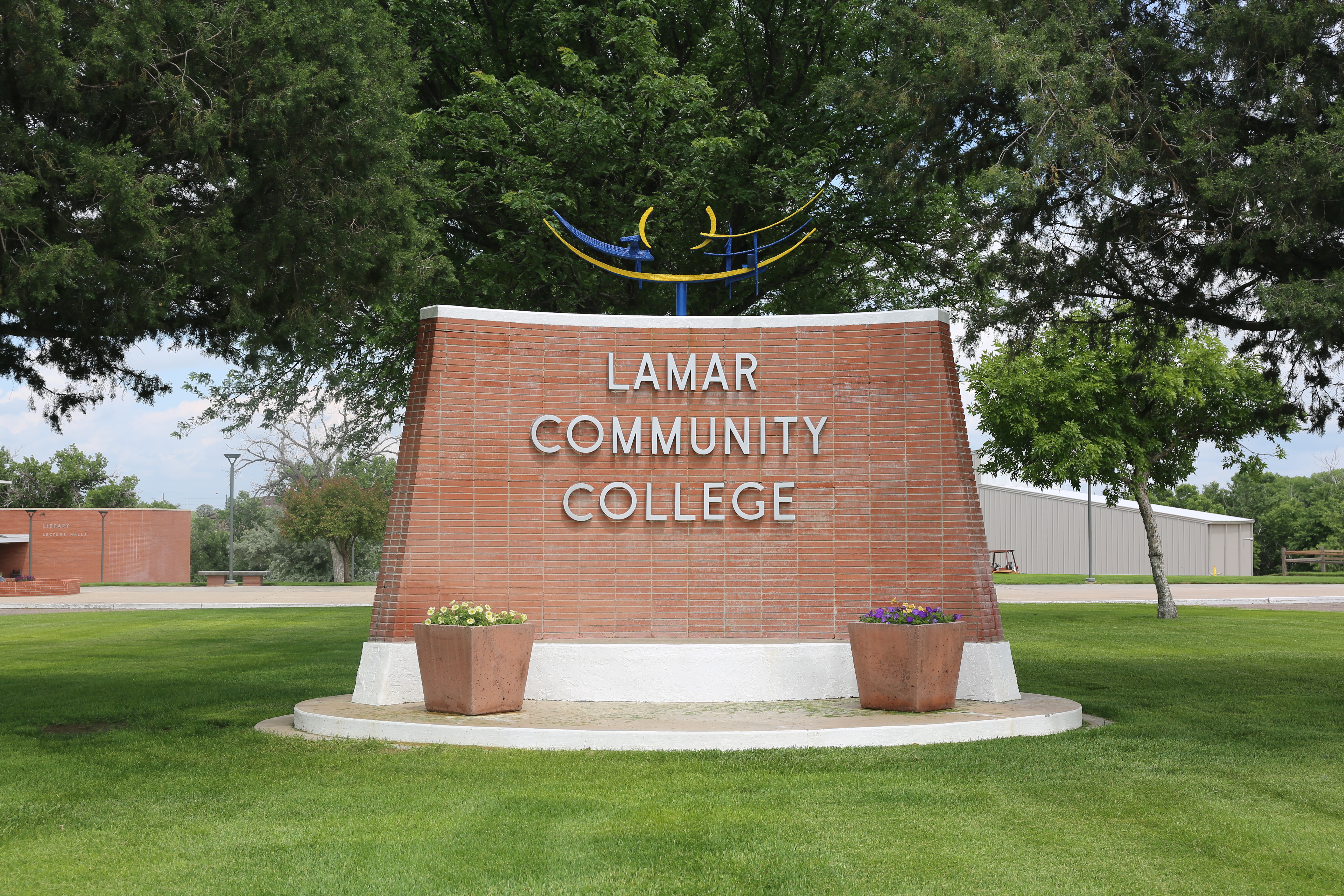As the state’s premier partner for education and workforce training, the Colorado Community College System (CCCS) is solving critical skills gaps in top industries, according to the 2022 Colorado Talent Pipeline report.
Produced by the Colorado Workforce Development Council (CWDC) and the Colorado Department of Higher Education, the annual report tracks supply and demand for top jobs in Colorado and offers strategies to shore up the state’s workforce. Governor Jared Polis joined state leaders to release the report during a virtual event on December 14.
“The report shows us that Colorado has two job openings for every available worker. That means we need to change our approach,” Gov. Polis said in his opening remarks. “We know that a four-year degree isn’t the right path for every person and every job. For many, it’s apprenticeships, on-the-job learning, technical or community college education, and dual and concurrent enrollment in high school. Our challenge is to create more of these pathways and make people aware that they exist to meet their real-life needs.”
CCCS colleges are key to relieving labor shortages and moving Coloradans into rewarding careers. Here are some highlights from the event.
Aligning Programs to Top Jobs
Across industry sectors, CCCS programs lead directly to several of the report’s “top jobs”—those with high growth rates and pay strong wages.
In the information technology field, for example, CCCS recently launched the Rapid IT Training and Employment Initiative (RITEI) that provides free certification and coaching to become a computer user support specialist. With 1,600 openings each year, this position offers a median salary of $61,000 and is expected to grow by 19% over the next nine years.
Healthcare is also in high demand. With more than 4,000 openings annually, registered nurse positions are the fourth-ranked top job in the Talent Pipeline Report. CCCS is the largest producer of nurses in the state with associate degree programs at 10 colleges and bachelor’s degree programs (BSN) at five colleges. In the coming years, some colleges will offer streamlined pathways for Licensed Practical Nurses to earn a BSN so nurses can continue to upskill.
The state’s Care Forward Colorado program is tackling shortages in other allied health professions, too. Students can enroll in zero-cost, short-term training that matches many positions called out in the Talent Pipeline report, including dental assistants and health information technologists. Almost 1,000 Coloradans completed programs this fall, empowering graduates to join the workforce or continue their training.
“In the state of Colorado, we have an aging population,” said Lee Wheeler-Berliner, managing director of the CWDC. “We need that direct care workforce to ensure that everybody else can ultimately be in a positive situation within their level of employment.”
Embracing Innovative Models
The report notes that emerging models like apprenticeships are vital to building a strong workforce. Across its 13 colleges, CCCS is creating thousands of apprenticeship positions to close skills gaps in high-growth industries. In recent years, FRCC has launched apprenticeship programs in healthcare, tree care, and manufacturing, among others. Beyond healthcare and trades, Arapahoe Community College runs apprenticeship programs in nontraditional sectors like insurance and water operations.
“The new modernized apprenticeship not only serves construction and trades but the professional and in-demand industries,” said Tyler Jaeckel, managing director for economic recovery with the State of Colorado. “That’s a great way for mid-career professionals and even older workers to get into a training program that offers a wage while you’re getting the skills and confidence that employers are looking for.”
Another potential solution? “Micro-pathways,” which stack two or more credentials combining non-credit and credit-bearing courses. Earlier this year, CCCS partnered with Education Design Lab to build five of these programs in energy and healthcare.
Many jobs do not require an associate or bachelor’s degree, making micro-pathways an attractive option for Coloradans looking to upskill quickly, said report author Caitlin McKennie with the CWDC.
“We recognize that not all pathways look the same, and many top jobs in Colorado are achievable through diverse training opportunities,” she added.
Developing Talent Early
To foster a sustainable workforce, the state must engage students in work-based learning opportunities early and often. The report highlights CCCS’ Career and Technical Education (CTE) programs as a proven path to career success.
Bridging education and industry, CTE enrolls about 208,000 students from middle school through college every year. Among CTE completers, 98% enrolled in postsecondary education or training, enlisted in the military, or entered the workforce after a year, and 80% of employed graduates work in their chosen CTE field.
What’s more, about a third of all CTE courses count toward Colorado’s Concurrent Enrollment program, which allows Colorado high school students to earn credit toward their high school diploma and an associate degree or career-focused certificate at the same time. CCCS is the largest provider of Concurrent Enrollment courses, reaching more than 33,000 students every year.
“No matter where a young person goes to school within the state of Colorado, they have access to concurrent enrollment. They have the ability to pursue college level courses while in high school—they can get connected to internships and experiential learning and technical education,” Wheeler-Berliner said. “There’s going to set them up for success as they move forward.”
Partnering for Greater Success
As the state continues to blur the lines between education and the workforce, partnerships will become more important than ever before.
CCCS embeds partnerships across its programming. Industry experts advise on more than 1,500 career-connected programs across CCCS, helping the state keep pace with evolving business needs. And through Skill Advance Colorado, CCCS coordinates about 400 customized training programs each year that upskills 4,000 employees annually, Jaeckel noted.
Colorado’s continued economic growth will hinge on this collaboration, Gov. Polis said.
“This report is a reminder of what needs to be done to connect Coloradans with the resources, skills, and pathways to help them build a career they love and help power our state’s success.”


